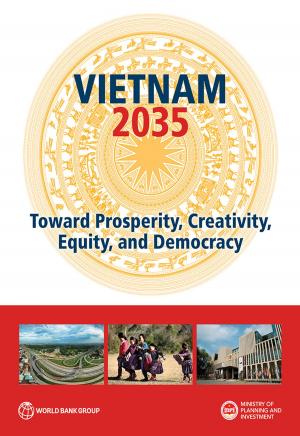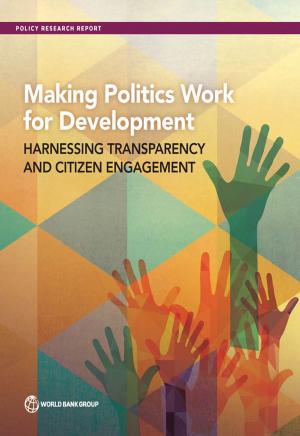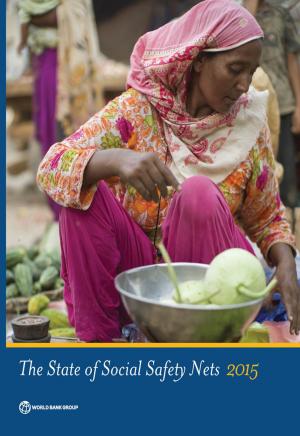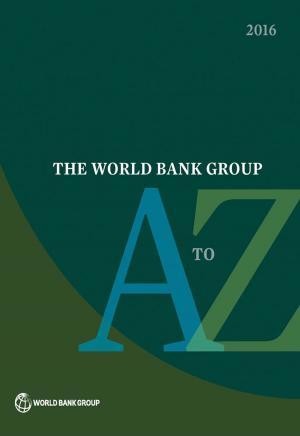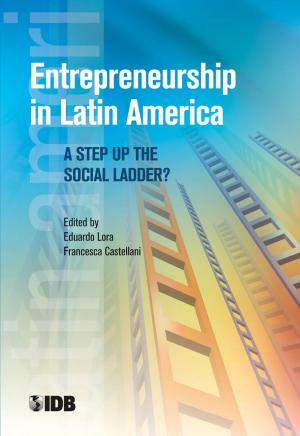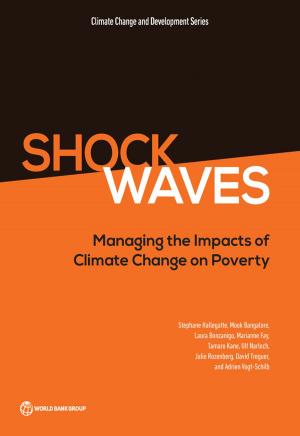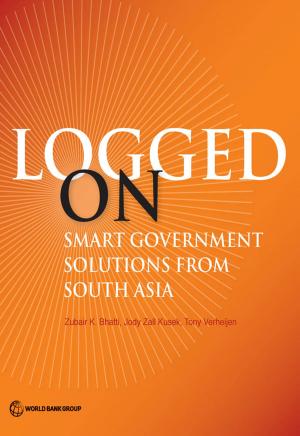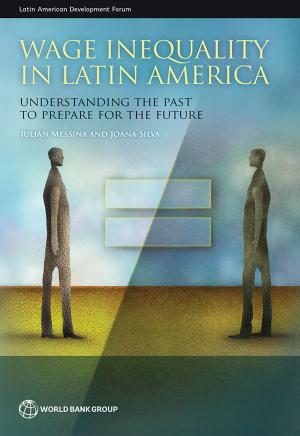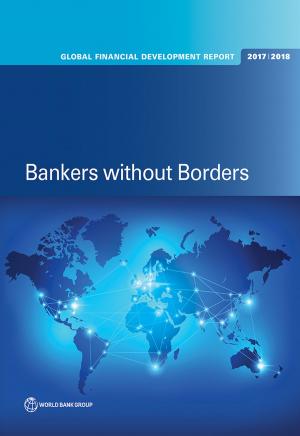Inclusion Matters
The Foundation for Shared Prosperity
Nonfiction, Social & Cultural Studies, Political Science, Government, Social Policy| Author: | World Bank | ISBN: | 9781464800115 |
| Publisher: | World Bank Publications | Publication: | October 25, 2013 |
| Imprint: | Language: | English |
| Author: | World Bank |
| ISBN: | 9781464800115 |
| Publisher: | World Bank Publications |
| Publication: | October 25, 2013 |
| Imprint: | |
| Language: | English |
Social inclusion is on the agenda of governments, policymakers, and nonstate actors around the world. Underpinning this concern is the realization that despite progress on poverty reduction, some people continue to feel left out. This report aims to unpack the concept of social inclusion and understand better how policies can be designed to further inclusion. First, the report offers a definition of social inclusion as the "process of improving the terms for individuals and groups to take part in society." It unpacks different domains of society that excluded groups and individuals are at particular risk of being left out of -- markets, services, and spaces. Second, the report discusses the most important global mega-trends such as migration, climate chnage, and aging of societies, which will impact challenges and opportunities for inclusion. Finally, it argues that despite these challenges, change towards inclusion is possible and offers examples of inclusionary policies.
Social inclusion is on the agenda of governments, policymakers, and nonstate actors around the world. Underpinning this concern is the realization that despite progress on poverty reduction, some people continue to feel left out. This report aims to unpack the concept of social inclusion and understand better how policies can be designed to further inclusion. First, the report offers a definition of social inclusion as the "process of improving the terms for individuals and groups to take part in society." It unpacks different domains of society that excluded groups and individuals are at particular risk of being left out of -- markets, services, and spaces. Second, the report discusses the most important global mega-trends such as migration, climate chnage, and aging of societies, which will impact challenges and opportunities for inclusion. Finally, it argues that despite these challenges, change towards inclusion is possible and offers examples of inclusionary policies.

